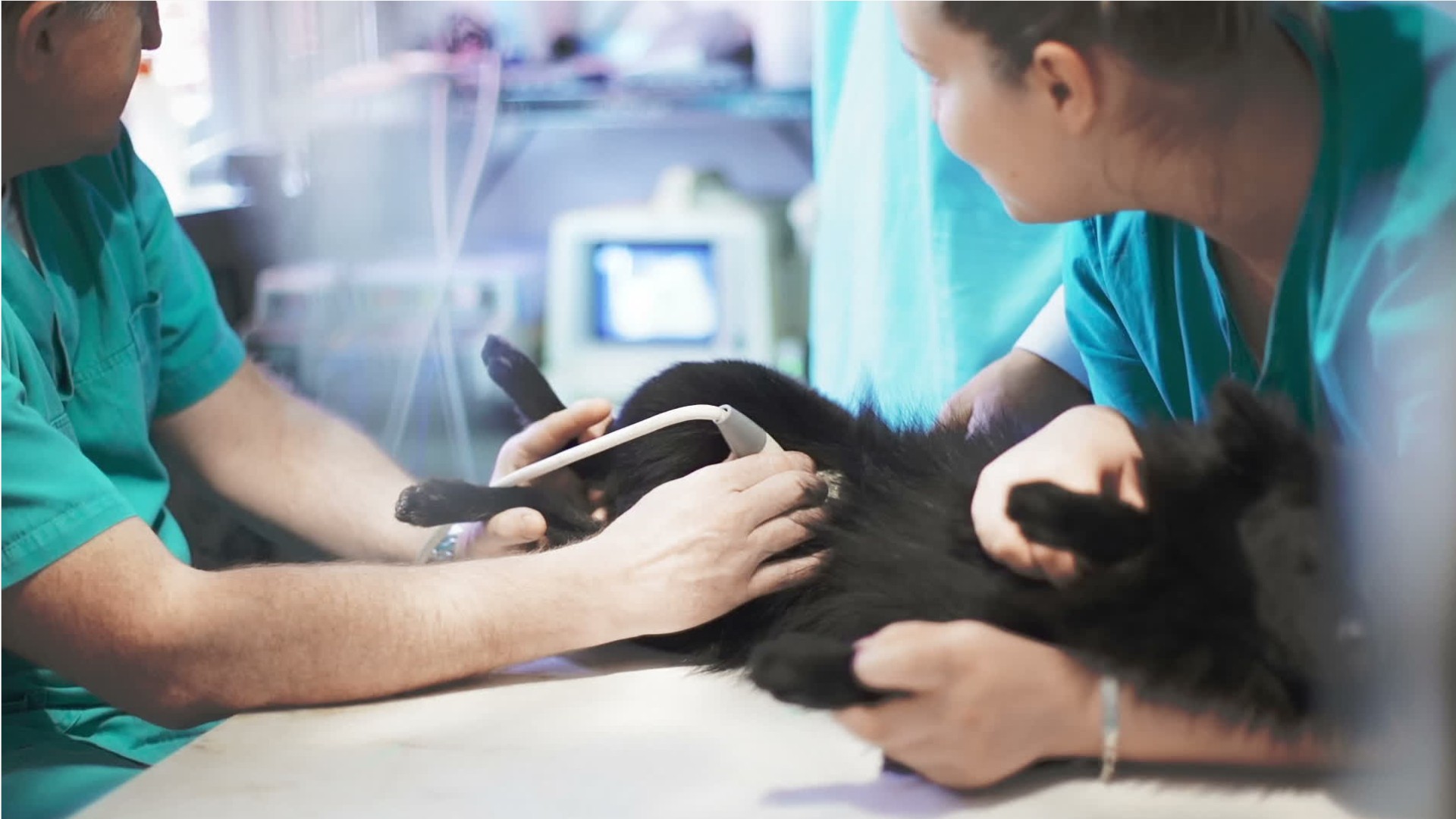Veterinary Assistants & Laboratory Animal Caretakers
Animal Care Provider, Animal Caregiver, Certified Veterinary Assistant, Veterinarian Assistant (Vet Assistant)
What they do:
Feed, water, and examine pets and other nonfarm animals for signs of illness, disease, or injury in laboratories and animal hospitals and clinics. Clean and disinfect cages and work areas, and sterilize laboratory and surgical equipment. May provide routine postoperative care, administer medication orally or topically, or prepare samples for laboratory examination under the supervision of veterinary or laboratory animal technologists or technicians, veterinarians, or scientists.
On the job, you would:
- Hold or restrain animals during veterinary procedures.
- Monitor animals recovering from surgery and notify veterinarians of any unusual changes or symptoms.
- Fill medication prescriptions.
Knowledge
Business
- customer service
- administrative services
Arts and Humanities
- English language
Math and Science
- biology
Health
- medicine and dentistry
Skills
Basic Skills
- listening to others, not interrupting, and asking good questions
- thinking about the pros and cons of different ways to solve a problem
Problem Solving
- noticing a problem and figuring out the best way to solve it
Abilities
Verbal
- communicate by speaking
- listen and understand what people say
Hand and Finger Use
- hold or move items with your hands
- keep your arm or hand steady
Personality
People interested in this work like activities that include practical, hands-on problems and solutions.
They do well at jobs that need:
- Self-Control
- Cooperation
- Integrity
- Attention to Detail
- Dependability
- Cautiousness
Technology
You might use software like this on the job:
Spreadsheet software
- Microsoft Excel
Presentation software
- Microsoft PowerPoint
Medical software
- McAllister Software Systems AVImark
- Practice management software PMS
Education
Education: (rated 2 of 5)
high school diploma/GED or
certificate after high school
usually needed
certificate after high school
usually needed
Job Outlook
Bright
New job opportunities are very likely in the future.
Explore More
- Animal Caretakers
- Medical Assistants
- Paramedics
- Surgical Assistants
- Veterinary Technologists & Technicians
You might like a career in one of these industries:
See more details at O*NET OnLine about Veterinary Assistants & Laboratory Animal Caretakers.





